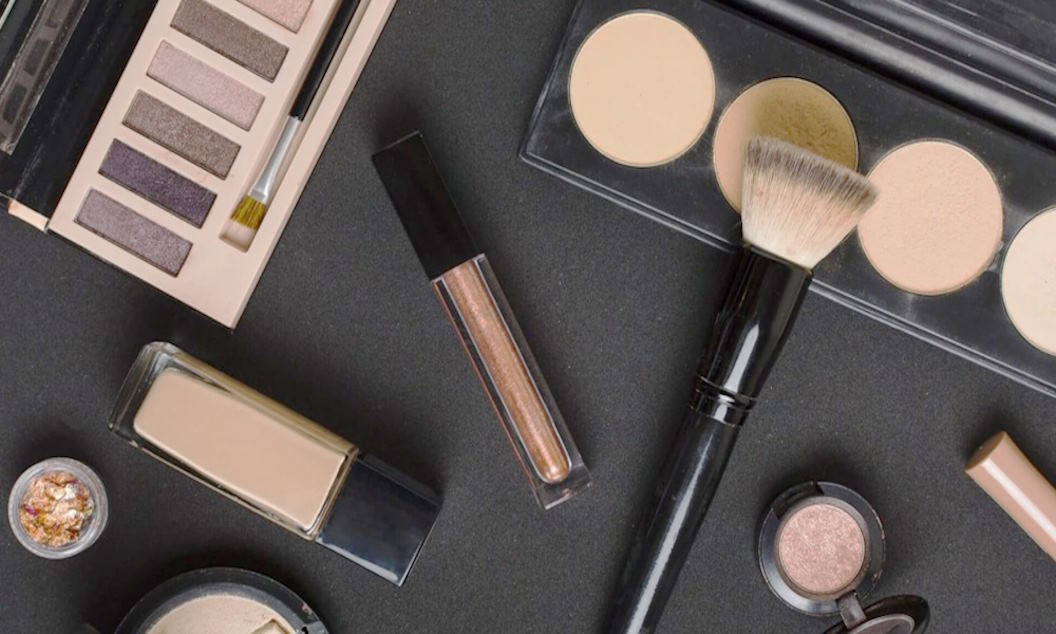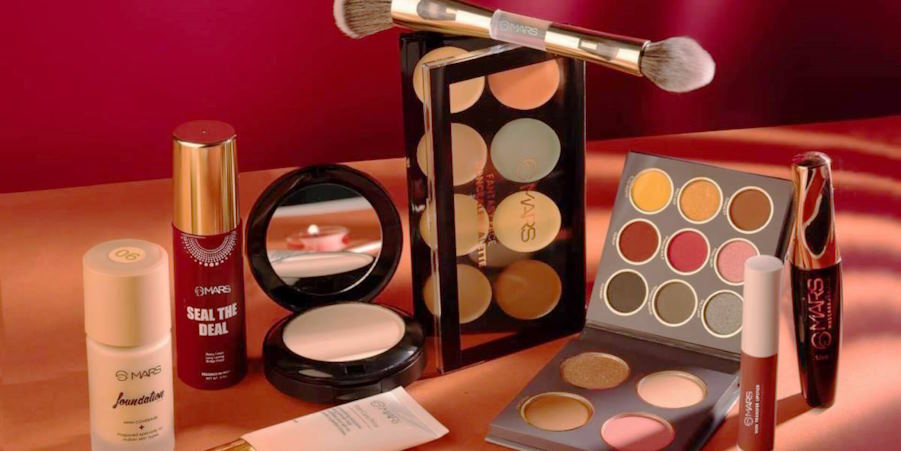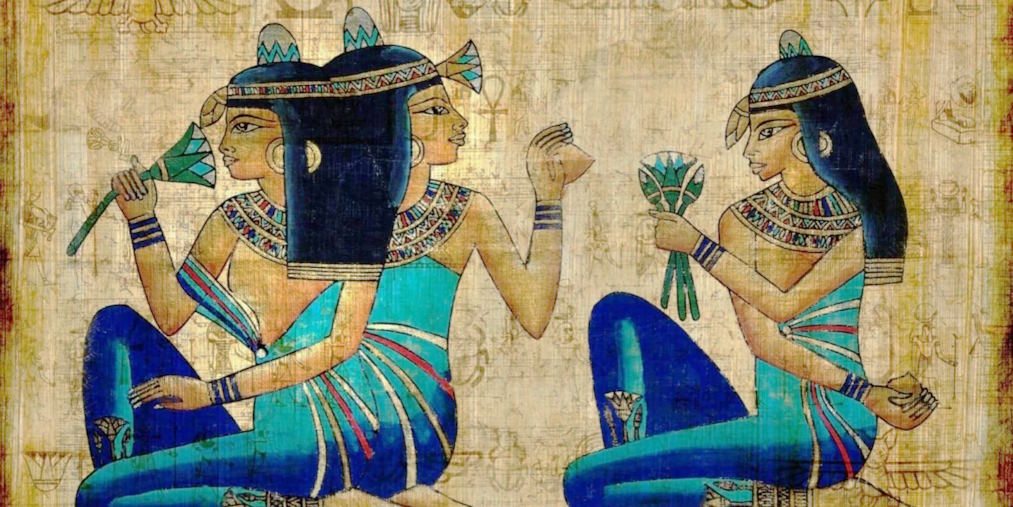Makeup, an art form cherished by many, transcends the realm of aesthetics. It’s a transformative tool that alters appearances and influences emotions, self-perception, and confidence. The psychology behind makeup delves into its profound impact on the human psyche, revealing a complex interplay between self-confidence, empowerment, and emotional connection.
Self-Confidence and Empowerment
The debate surrounding makeup often revolves around natural beauty versus enhancing one’s features. Critics argue that relying on makeup may obscure authentic beauty, promoting unrealistic standards. However, for many individuals, makeup isn’t merely about covering flaws or conforming to societal norms; it’s a means of self-expression and empowerment.
Research suggests that makeup can significantly boost self-confidence. The ritual of applying makeup serves as a form of self-care, fostering a sense of control over one’s appearance. When individuals feel they look their best, it can lead to enhanced self-esteem and a more positive self-image. Moreover, makeup often acts as a creative outlet, allowing people to experiment, explore different personas, and showcase their uniqueness.

The transformative power of makeup extends beyond physical changes. It can serve as a psychological armor, helping individuals navigate social situations more confidently. The confidence gained from wearing makeup may not solely stem from altered appearances but from feeling more in control of one’s image.
Emotional Connection
The relationship between makeup and emotions runs deep. It’s not just about covering blemishes or accentuating features; it’s about individuals’ emotional connection with the process and results.
Studies indicate that the act of applying makeup can have mood-boosting effects. The meticulous makeup application process can be therapeutic, offering a sense of mindfulness and relaxation. It becomes a ritualistic practice, allowing individuals to focus on themselves and their well-being.
Moreover, makeup can influence how individuals perceive themselves emotionally. It’s common for someone to feel more assertive, empowered, or playful when wearing makeup. Enhancing certain facial features can trigger positive emotional responses, fostering a sense of attractiveness and desirability.
However, it’s crucial to acknowledge that the emotional connection with makeup is individualized. While some may find empowerment and joy in wearing makeup, others might feel equally confident in their appearance. The psychological impact of makeup varies among individuals, influenced by personal beliefs, societal pressures, and cultural norms.





